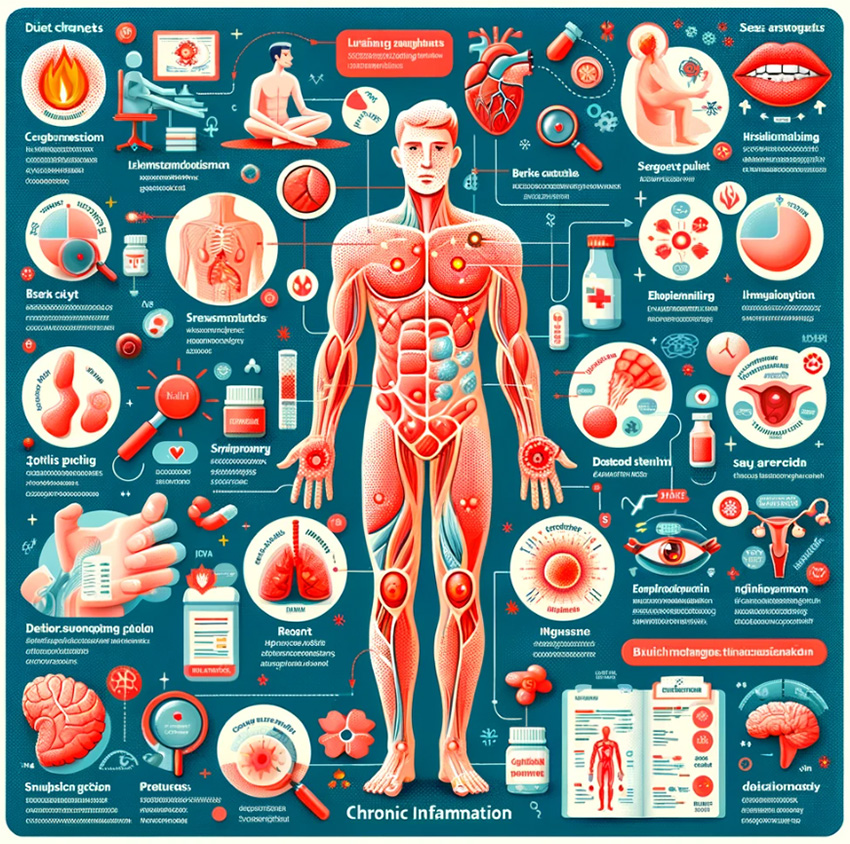How to Help Someone Suffering from PTSD
Dr. Tatyana's Health and Wellness Blog
Treating the whole person to restore optimal health. Check back often for up-to-date news and information about acupunture and Chinese medicine.
Most Recent Posts ...
Posted on: 4/15/2024
Posted on: 4/1/2024
Posted on: 3/18/2024
Posted on: 3/4/2024
Search All Blog Posts
Blog Post Archive Categories
- Hypnotherapy: A Transformative Tool for Boosting Self-Confidence
- The Benefits of Craniosacral Therapy
- How Acupuncture Can Aid in Overcoming Alcohol Addiction
- Understanding Stress and Its Physical Impacts
- Acupuncture for Menopause
- Which Migraine Are You?
- The Power Trio: Vitamin D3, Omega-3, and Probiotics - Essential Daily Benefits
- Holistic Pain Relief Checklist
- 5 Ways to Quickly Alleviate Back Pain
How to Help Someone Suffering from PTSD

Post-traumatic stress disorder (PTSD) is a physiological disorder that can result from being exposed to trauma. Roughly 8 million Americans annually struggle with depression, anxiety, irritability, insomnia, and flashbacks among many other symptoms resulting from this disorder. The effects of PTSD in someone’s life can be far-reaching and completely debilitating if left untreated. Feelings of hopelessness, shame, and despair, problems at work or with relationships, newly or quickly developing health problems, and the overuse of drugs and/or alcohol are all very common. Getting help can be difficult for a variety of reasons, all related to the complexity and severity of this condition.
We often think of PTSD as something that will develop quickly in someone suddenly exposed to the brutality of war. However, the American Psychological Association claims that motor vehicle accidents and domestic abuse are the leading causes of PTSD in the United States. It is also a common misconception that PTSD develops simply from a single exposure to trauma. In domestic cases, trauma often grows in severity, leaving the victim unable to see the seriousness of their situation until they are in a safe environment.
How to Help Someone with PTSD
Watching someone you love and care about suffer from PTSD can be difficult. You may feel uncomfortable and struggle to relate to them. The first step you can take is learning more about PTSD and what it means to suffer from it. Take the time to understand the causes, symptoms, and effects to make sense of what your loved one is going through. When things get tough, it is easy to get frustrated with someone who is dealing with this disorder. Remember they are going through something out of their control and your support could be imperative to their recovery.
Listen, be Patient
To overcome PTSD or any other anxiety disorders, we must first acknowledge this is a stress response. One that naturally interferes with our ability to process emotions properly. Acknowledging there is a fundamental problem with your emotional processing is not an easy thing to do and certainly does not happen overnight. The Mayo Clinic states that “post-traumatic stress disorder symptoms may start within one month of a traumatic event, but sometimes symptoms may not appear until years after the event.” While it is important to encourage treatment, this decision needs to be made by the victim. Do not push them to talk. Instead, let them know you’re always around to listen without judgment when they find themselves ready to talk.
Understanding Triggers and Symptoms
If you are living with someone with PTSD, it is important to recognize their triggers. Unfortunately, the word “triggered” has taken on a much more diluted meaning in the common eye. Being triggered, as it relates to PTSD, is much more than simply disliking or having an aversion to stimulus. Triggers can be anywhere, sometimes an object, person, place, or even a feeling that reminds them of their traumatic experience can cause complications. Many who suffer from PTSD report feeling as if they were reliving the trauma in the presence of triggering situations. Ask your loved ones to explain their triggers so that you can help them avoid situations or develop a plan with healthy coping skills.
Make Sure to Take Care of Oneself
Being around someone who is struggling with PTSD is not only hard for them but can take a toll on your mental health as well. If you feel overwhelmed or stressed, pause, and don’t forget to take time for yourself to distress and relax.
There is good news here, and that is Traditional Chinese Medicine (TCM) has proven to be incredibly effective in helping those who are suffering from PTSD find relief. TCM offers a vast array of therapies to calm the mind and help the body find balance. Such therapies include acupuncture, herbal remedies, diet therapy, tai chi and so much more. Give us a call today for more information.




